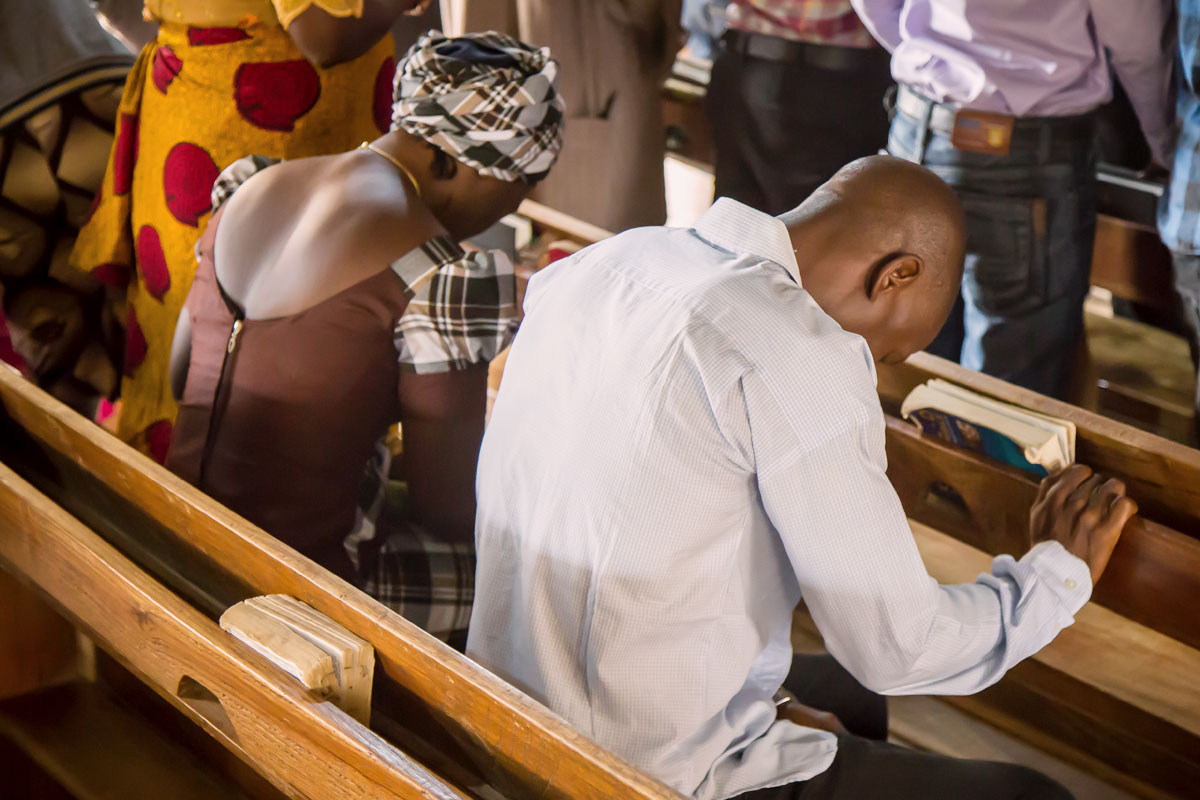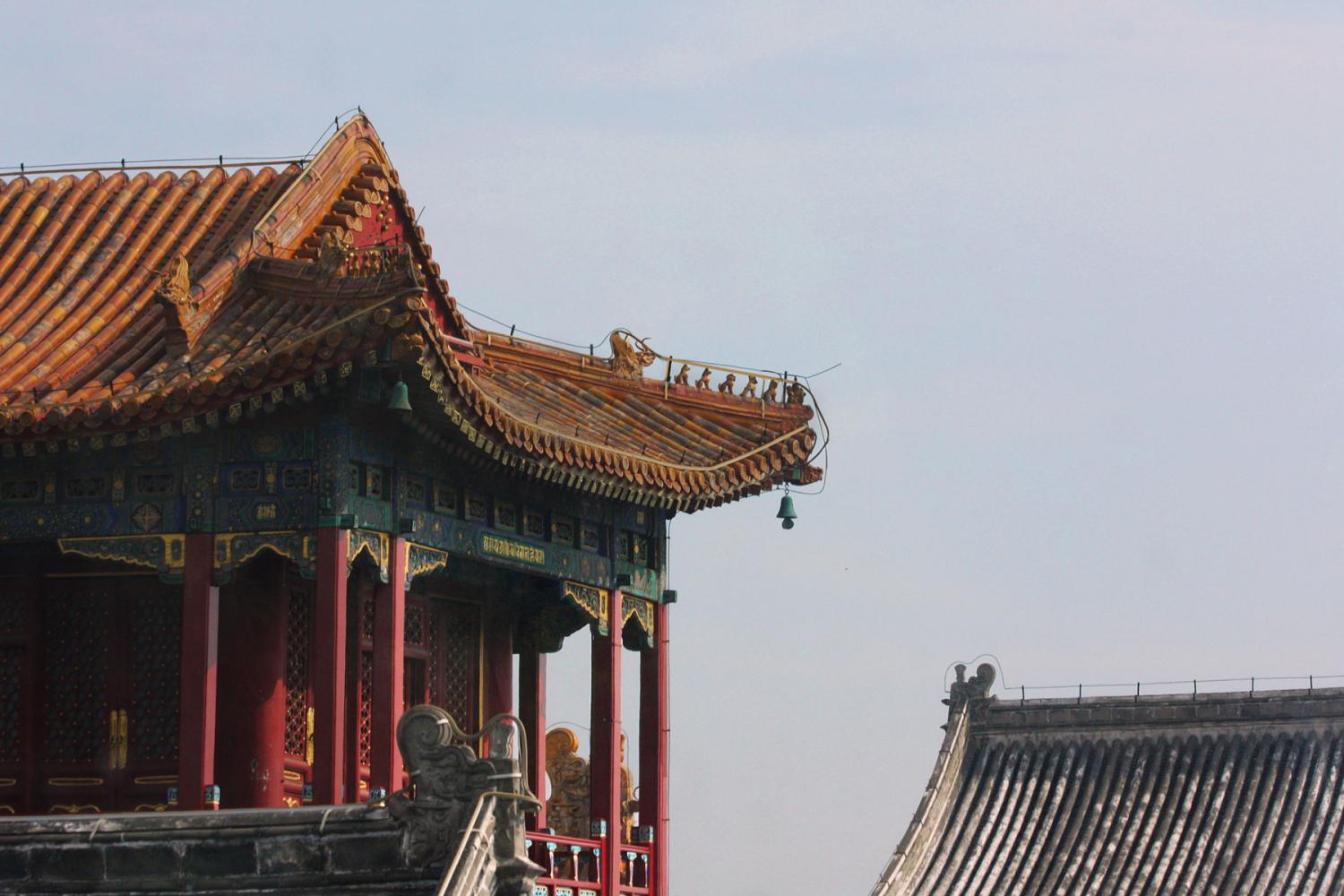For Chinese Christians, 2018 was a devastating year as churches were raided, pastors arrested and fined and Bibles confiscated. But the situation in China has the potential to get much worse for those who follow Jesus.
Persecution of Christians worldwide is undoubtedly increasing. So much so, the United Kingdom’s government commissioned a review to see ‘whether we are doing all we can’ to assist Christians facing persecution. So how big is the problem, really?
China received a great deal of media attention regarding religious persecution in 2018. Among the headlines were several large churches being closed, a cease in the sale of Bibles outside registered churches and a deal with the Vatican granting Beijing power to appoint bishops. However, persecution for Christians is not contained to China.

Image: The entrance to a church in Xian, China.
The persecution of Pakistani Christians also received sufficient attention. The high profile case of Asia Bibi’s death sentence, a result of a false blasphemy charge in 2010, was finally overturned in Pakistan’s Supreme Court. Despite the government’s effort to uphold the law, after days of riots a deal was struck with extremists to prevent Asia Bibi from leaving the country.
The persecution of Christians in other countries however, almost entirely escaped notice.
In India, violence against Christians has been increasing since the Modi government stepped into power, elected with promises to restore Hindu dominance in the nation. Churches have been attacked and Christians assaulted. I spoke in May last year at a senate inquiry about four horror days in India in which three pastors were hospitalised, one losing his fingers in an axe attack.
So how have Christians in Australia responded to these attacks? And more broadly, what is the response of the Australian government, who closely follows the leanings of others when it comes to human rights or moral issues?
In 2018, Open Doors noticed an increase in the number of Australian donors and churches engaging with those who suffer from persecution.
The topic also received more traction from pulpits around the country as Christians saw the impact of persecution.
Even though church attendance has diminished in recent years, hundreds of thousands of Australians still attend church each week. Well over a million attend per-fortnight. A significant number of Australians in the Christian community are paying close attention to the issue of persecution.
And arguably, for a Christian minister, it would be hard not to.
In Nigeria last year 3,731 Christians were killed as a direct result of their faith. Around 245 million Christians in just 50 countries have been identified as facing high levels of persecution.

Image: Couple praying at church in Jos, Central Nigeria.
While the well documented atrocities of Islamic State against Christians, Yazidis and other minorities grabbed the attention of Australian Christians back in 2014, ongoing persecution has not yet left their consciousness.
And while the Australian church has paid closer attention, so too have international governments. The United States and the United Kingdom both have permanent positions in their governments to examine and speak on instances of religious freedom. The latter only being appointed in the last year.
Australia does not have any official position. However, Foreign Minister Marise Payne was quoted earlier this year in The Australian saying, “Australia is deeply concerned about restrictions on Christian communities imposed by some governments and non-state actors around the world.”
The Australian Government has an ongoing senate inquiry into the freedom of religion or belief. This inquiry now opens the opportunity for such an appointment to be made to the Department of Foreign Affairs and Trade in its recommendations.
While this appointment may not solve the issue of persecution of religion, it can go a long way to addressing the issue and confirm Australia’s commitment to it. And with increased international tensions, would one more peacemaking role go astray?
Tim Reid works at Open Doors Australia. He is involved in researching for the World Watch List, and has presented on the persecution of Christians to government. He also speaks in churches around the country.
